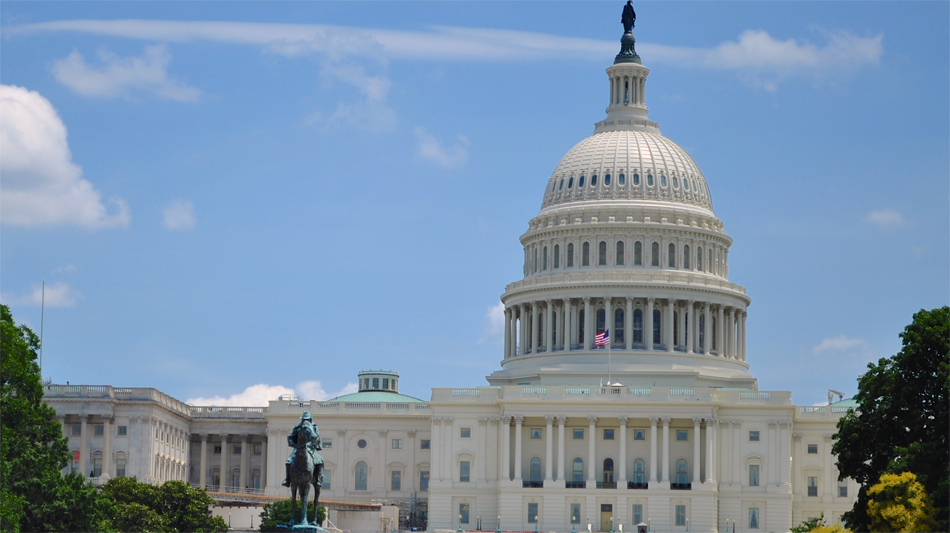House Committee Asks Same Net Neutrality Questions As The 4 Previous Committees
FCC chairman Tom Wheeler was once again called before Congress today. His task: to justify the commission’s vote to protect consumers from the potential, likely harms of monopoly ISPs out to make a buck in any way they can. Or, in other words, to defend the agency’s recent vote on net neutrality.
Today’s hearing before the House Judiciary Committee is the fifth — and last — in a week-long marathon for Wheeler and some of his fellow commissioners. Since last Tuesday, Wheeler has been called upon to explain the net neutrality rule before the House Oversight Committee, the Senate Commerce Committee, the House Commerce Committee, and the House Appropriations Committee.
All of the hearings had one major theme in common: the FCC’s Open Internet order, while a good news for consumers, has a very long, very ugly, very political uphill battle to keep fighting here in Washington.
Today, chairman Wheeler and fellow commissioner Ajit Pai were in the hot-seats, along with FTC commissioners Joshua Wright and Terrell McSweeny.
After all four witnesses read their written testimony into the record, the Q & A portion of events kicked off. And it was adversarial from the start, every inch the free-with-facts back and forth with talking points that all of the net neutrality “debates” have been.
Committee chairman Bob Goodlatte of Virginia immediately began by interrogating Wheeler about existing, proven anticompetitive harms that had already happened in the internet marketplace. Finding Wheeler’s responses about wireless carriers insufficient, Goodlatte cut Wheeler off and turned to commissioner Pai instead.
Pai then claimed that the reason the order, as issued, did not include a list of explicit harms from just the last three years is because, “there is no evidence of a systemwide problem.”
Michigan Rep. John Conyers ran with that ball when his turn for questioning came up, asking Wheeler, “if there was much truth, or any” to the concept that “the internet’s not broken and there’s nothing for the FCC to fix.”
Wheeler, in turn, pointed out that since there are bills in Congress seeking to implement the bright-line rules of net neutrality — no blocking, throttling, or paid prioritization — without involving the FCC, that clearly he is not the only one who feels there might actually be a problem.
And so it went.
Later, Pai, in response to questions from Rep. Steve King of Iowa, cited Google Fiber as an excellent example of burgeoning competition of the kind that Title II will somehow stifle and destroy. However, just this morning — well after everyone has had a chance to familiarize themselves with the new rule — Google announced a further expansion of their service, this time into the Salt Lake City area.
Pai also repeatedly asserted, in response to questions from Rep. Ted Poe of Texas, that the United States has the best internet service in the world, and that Title II can only diminish our greatness. What Pai, Poe, and others in the hearing seemed to forget is that study after study after study after study finds that broadband in the U.S. is, at best, unevenly distributed and on average significantly slower and more expensive than in many other developed economies worldwide.
The rule, its metaphorical ink still not dry, already faces two legal challenges in court and is likely to face more once it is officially entered into the Federal Register. In the meantime, businesses are already looking for space in the rule’s grey areas that will allow them to sidestep the requirements.
Want more consumer news? Visit our parent organization, Consumer Reports, for the latest on scams, recalls, and other consumer issues.


